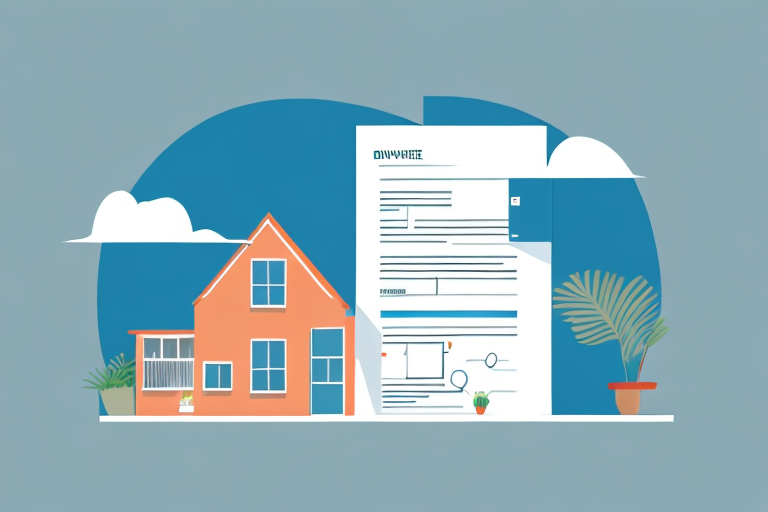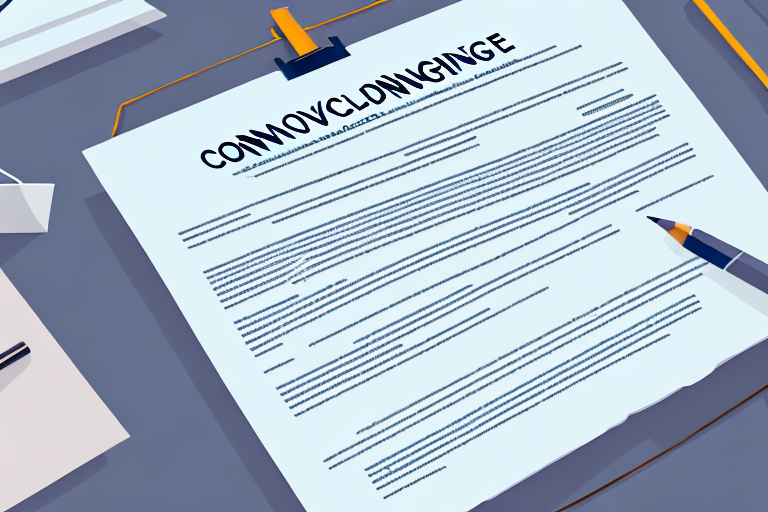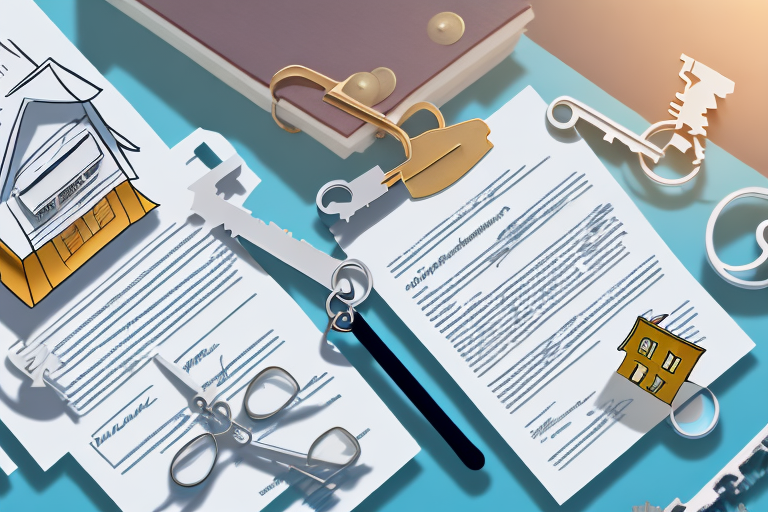How to Choose the Right Conveyancer for Your Property Transaction
When you’re considering buying or selling a property, one of the most important decisions you’ll make is choosing the right melbourne conveyancer. A conveyancer plays an essential role in the property transaction, ensuring that all legal requirements are met and everything runs smoothly. But how do you choose the right conveyancer for your needs? In this article, we’ll walk you through the process step by step, so you can make an informed decision that gives you peace of mind.
Understanding the Role of a Conveyancer
First, let’s take a closer look at what the melbourne conveyancers do. In simple terms, conveyancing is the legal process of transferring property from one person to another. A conveyancer is a licensed and experienced professional who specializes in handling the legal aspects of a property transaction.
Their role is to ensure that the process runs smoothly by conducting the necessary searches, preparing legal documents, and handling any negotiations that may be required. They will liaise with the other party’s conveyancer, the lender, and any other stakeholders involved to make sure everything is in order for settlement day.
What is Conveyancing?
Conveyancing is a complex legal process that involves a lot of paperwork and legal requirements. The melbourne conveyancers will be responsible for preparing and reviewing legal documents such as the contract of sale, transfer of land, and any other relevant documentation. They will also conduct searches to ensure that there are no issues with the property, such as outstanding debts or legal disputes.
As part of the conveyancing process, the melbourne conveyancers will liaise with all parties involved to ensure a smooth settlement day. They will handle the transfer of funds and ensure that all legal requirements are met before the property changes hands.

Responsibilities of a Conveyancer
One of the most important roles of a conveyancer is to ensure that you are fully informed about the transaction. They must provide you with expert advice on the legal aspects of the property sale or purchase, and ensure that you are aware of any risks or issues that may arise. They will also keep you updated on the progress of the transaction and notify you of any important deadlines.
In addition, the melbourne conveyancers are required to act in your best interests at all times and ensure that all legal requirements are met. They must also hold professional indemnity insurance, which protects you in case something goes wrong during the transaction.
The Conveyancing Process
Before you can choose melbourne conveyancers, it’s helpful to understand the conveyancing process. The process typically involves several key steps:
- Pre-contract stage – this involves obtaining a copy of the contract of sale and reviewing any special conditions or requirements.
- Exchange of contracts – this is where the sale becomes legally binding, and both parties are committed to the transaction.
- Post-contract stage – at this stage, the melbourne conveyancers conducts searches and prepares the necessary legal documents.
- Settlement – this is when the property changes hands, and the melbourne conveyancers ensures that all legal requirements are met before releasing the funds.
It’s important to note that the conveyancing process can vary depending on the state or territory in which the property is located. For example, in some states, the conveyancer may be required to conduct additional searches or prepare additional documentation.
Another important aspect of the conveyancing process is the negotiation of the contract of sale. This is where the conveyancer can play a crucial role in protecting your interests. They can review the contract and advise you on any clauses or conditions that may be unfair or disadvantageous to you. They can also negotiate with the other party’s conveyancer to ensure that the contract is fair and reasonable for both parties.
In addition to their legal responsibilities, a good conveyancer will also provide you with guidance and support throughout the process. They can answer any questions you may have and help you navigate the often complex and confusing world of property transactions.
Overall, the role of a conveyancer is vital in ensuring a smooth and successful property transaction. Whether you are buying or selling a property, it’s important to choose a conveyancer who is experienced, knowledgeable, and dedicated to protecting your interests.
Factors to Consider When Choosing a Conveyancer
Now that you have a better understanding of the role of a conveyancer and the conveyancing process, it’s time to consider some of the key factors when choosing a conveyancer.
Experience and Expertise
A conveyancer with plenty of experience and expertise is essential for ensuring a smooth and successful property transaction. Look for melbourne conveyancers who has been in the business for several years and has a solid track record of success. They should also have experience in handling transactions similar to yours.
For instance, if you are buying or selling a commercial property, it’s important to choose a conveyancer who specializes in commercial conveyancing. Similarly, if you are buying or selling a property in a rural area, it’s best to choose a conveyancer who has experience in dealing with rural properties.

Communication and Responsiveness
Effective communication is crucial in any business relationship, and conveyancing is no exception. Look for a conveyancer who is easy to contact and responds promptly to your inquiries. They should also be willing to explain the process in clear, plain language, so you are fully informed every step of the way.
Additionally, it’s important to choose a conveyancer who is willing to adapt to your preferred mode of communication. If you prefer email or text messages, make sure your conveyancer is comfortable communicating with you in this way.
Transparency in Fees and Charges
Conveyancing fees and charges can vary widely, so it’s important to choose a conveyancer who is transparent about their fees and charges from the outset. Look for a conveyancer who provides a clear breakdown of fees, including any additional costs that may arise during the transaction.
It’s also important to be aware of any potential hidden fees or charges. Some conveyancers may charge additional fees for things like photocopying, postage, or bank transfers. Make sure you ask about these potential costs upfront, so you are not caught off guard later on.
Client Reviews and Testimonials
Client reviews and testimonials can be an excellent way to gauge the reliability and professionalism of a conveyancer. Look for reviews and testimonials from other clients who have worked with the conveyancer and check whether they have a positive track record of successful transactions.
You can also ask for references from the conveyancer and follow up with those references to get a better sense of their experience working with the conveyancer. If a conveyancer is unwilling to provide references, it may be a red flag.
Local Knowledge and Network
A conveyancer who has local knowledge and a strong network of contacts can be a real asset when it comes to a property transaction. They will have a good understanding of the local property market and any issues that may arise specific to the area. They should also have established relationships with other professionals in the industry, such as real estate agents and lenders.
For instance, if you are buying or selling a property in a new development, it’s important to choose a conveyancer who has experience working with the developers in that area. They will be able to navigate any potential issues that may arise during the transaction and ensure a successful outcome.
Comparing Conveyancers
Buying or selling a property can be a stressful and complicated process. One of the most important decisions you will make during this time is choosing the right conveyancer. A conveyancer is a licensed professional who specializes in the legal aspects of buying and selling property. They will handle all the legal paperwork, ensure that the property title is transferred correctly, and liaise with the other party’s conveyancer. Here are some key factors to consider when comparing conveyancers:
Obtaining Quotes
When comparing conveyancers, it’s important to obtain quotes from each one. Make sure the quote includes a breakdown of all fees and charges so you can compare them accurately. Don’t be afraid to ask questions if you don’t understand any of the fees. Some conveyancers may charge a flat fee, while others may charge a percentage of the property’s sale price. Make sure you understand how the conveyancer’s fees will affect your budget.
It’s also important to ask about any additional costs that may arise during the conveyancing process. For example, if there are any issues with the property title that need to be resolved, this may incur additional fees.
Assessing Value for Money
While you want to choose a conveyancer who provides value for money, remember that the cheapest quote may not always be the best option. Consider the conveyancer’s experience, expertise, and other factors when assessing their value for money. A conveyancer with more experience may be able to handle complex transactions more efficiently, which could save you money in the long run. Additionally, a conveyancer who provides excellent customer service and communicates regularly with you may be worth paying a little extra for.
It’s also worth considering whether the conveyancer offers any guarantees or warranties. For example, some conveyancers may offer a no-sale, no-fee guarantee, which means that if the sale falls through, you won’t have to pay their fees.

Comparing Services Offered
Look at the specific services offered by each conveyancer. Are they experienced in handling transactions similar to yours? Do they provide access to additional services, such as property inspections or legal advice?
It’s important to choose a conveyancer who has experience in handling transactions similar to yours. For example, if you are buying a commercial property, you may want to choose a conveyancer who specializes in commercial property transactions. Similarly, if you are buying a property with a complicated title, you may want to choose a conveyancer who has experience in resolving title issues.
Some conveyancers may also offer additional services, such as property inspections or legal advice. While these services may come at an additional cost, they could provide peace of mind and ensure that the transaction runs smoothly.
Overall, choosing the right conveyancer is an important decision that can have a significant impact on your property transaction. By considering these key factors and asking the right questions, you can make an informed decision and ensure that the conveyancing process runs smoothly.
Making the Final Decision
Once you’ve compared conveyancers and obtained quotes, it’s time to make the final decision. Here are some considerations to keep in mind:
Trusting Your Instincts
If something doesn’t feel right about a conveyancer, trust your instincts and choose someone who makes you feel comfortable and confident in their abilities.
Ensuring a Smooth Working Relationship
The relationship between you and your conveyancer is an important one. Look for a conveyancer who is friendly and approachable, and who communicates effectively throughout the transaction.
Confirming Your Choice and Moving Forward
Once you’ve chosen a conveyancer, it’s important to confirm your choice in writing and ensure that they have all the necessary information to proceed with the transaction.
Choosing the right conveyancer can make all the difference when it comes to a successful property transaction. By considering the factors we’ve outlined in this article, you can make an informed decision that gives you peace of mind throughout the process.



